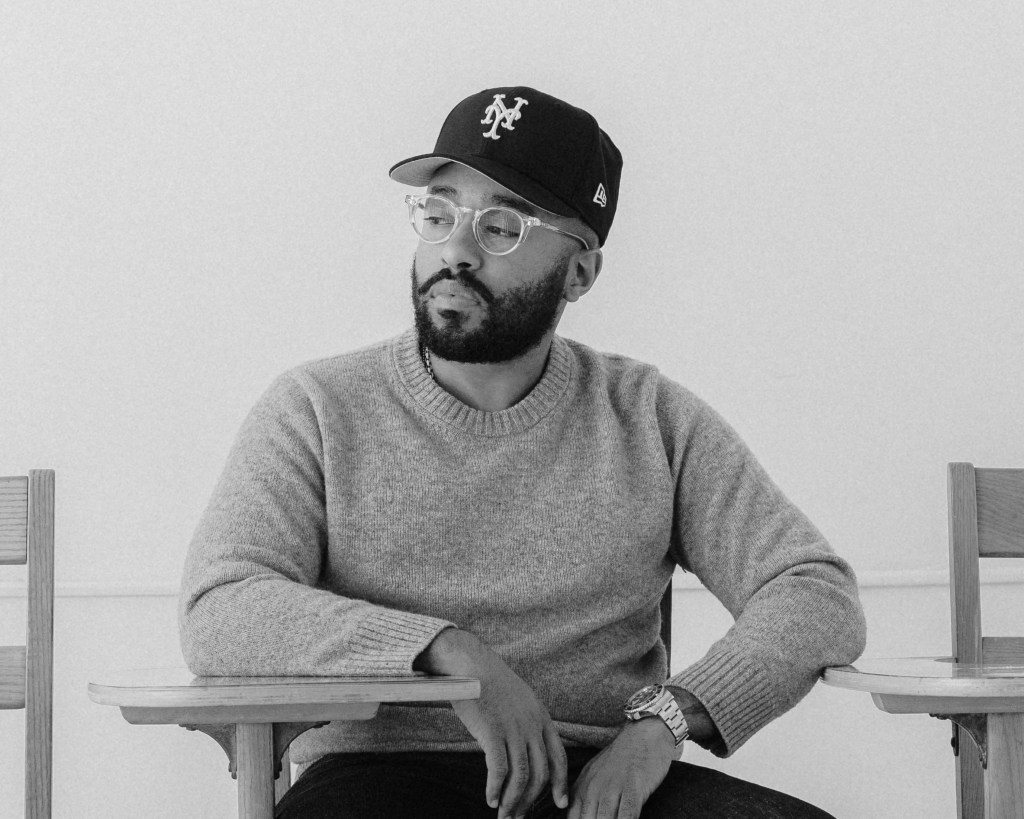Billboard Women in Music 2025
Stefan Larsson brought PVH Corp. into 2025 with just a hint of swagger — even despite some uncertainty in China and growing pains as it brings its Calvin Klein sportswear license in-house.
Shares of PVH jumped 18.2 percent to $76.43 on Tuesday after Larsson, chief executive officer, topped fourth-quarter estimates and signaled a certain sure-footedness despite the tricky road ahead.
PVH projected that adjusted earnings per share would rise from $11.74 last year to a range of $12.40 to $12.75 this year — above the $11.56 analysts forecast. Revenues were guided to flat to slightly up for 2025.
John Kernan, an analyst at TD Securities, described the profit guidance as a sign of “confidence” in 2025 — “particularly from a margin perspective in the face of macro risks.”
“While the fiscal 2025 outlook allays some concerns on margin pressure, the revenue outlook implies a still challenged top-line environment for the Tommy and Calvin brands globally in both DTC and wholesale channels,” Kernan said. “Investor concerns on tariffs, China and global top-line growth potential still need answers.”
Zachary Warring, an analyst from CFRA Research with a “strong buy” recommendation on PVH stock, cast the quarter in a slightly different light, calling results “better than feared” and describing the price on the company’s shares as “cheap.”
Regardless, PVH was on the upswing on Tuesday.
On a conference call with analysts, Larsson pointed to some “obvious headwinds” going forward.
“Our industry is facing uncertainty around U.S. consumer demand and with macro pressures in mind, we have already taken proactive cost and efficiency actions to reflect the current environment,” the CEO said. “In addition, as you know, PVH has been added to [the Chinese Ministry of Commerce’s] unreliable entity list, which is unprecedented for a global consumer company.
“We remain fully committed to serving our Chinese customers, as we have for the last 20 years, and we are investing in our growth in China for the long term,” he said. “We continue to engage with MOFCOM, and we work towards a positive resolution.”
China added PVH to its unreliable entities list in February, judging the company engaged in improper practices related to the Xinjiang. In 2021, PVH stopped working with factories that used cotton from the region, where more than a million Uyghurs and other Turkic Muslims are alleged to be under internment.
The full ramification of China’s decision remains to be seen, but it’s not the only moving part in the PVH machine.
The company is also in the midst of taking back a series of licenses for the U.S. wholesale market from G-III Apparel Group.
At the end of last year, PVH reclaimed the Calvin Klein jeans and sportswear licenses, which drove about $175 million in revenues for G-III in 2024.
Calvin Klein sportswear relaunched under the auspices of PVH with a marketing campaign fronted by Lily Collins and a couple of hiccups.
The transition away from a licensed model will cost PVH about 50 basis points in gross margin this year.
The company will also lose another 50 basis points of margin as it works through product delays that cropped up while the global Calvin Klein business centralized its product development process.
“Spring ’25 was the first season where we centralized Calvin’s global product capabilities bringing product creation across Europe, Asia and North America to our team in New York,” Larsson said. “This was a significant undertaking given the highly fragmented and decentralized legacy model we had before. As we brought this first season to life, the team had to work through a number of complexities, including centralizing disparate systems and processes that existed around the world.
“This initial transition took longer than we expected, and led to extended product development time lines, constrained sourcing and shipping options and pressured production costs for the season, which we decided not to pass on to partners or the consumer,” he said.
“We now have a simplified and improved go-to-market process in place with a standard global buy approach and we are upgrading our technology capabilities to support it,” Larsson said.



